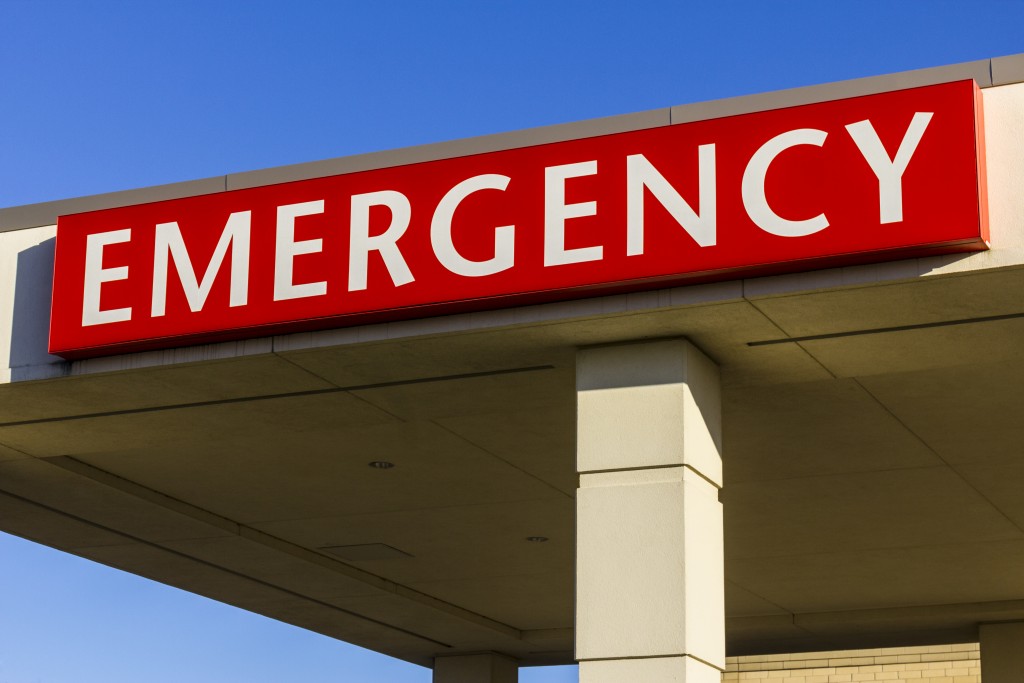There’s no denying that traveling is a fun and leisurely activity, and we all should do more of it, but what if you get a medical emergency abroad? What do you do then? Here we have the answers to some of your most common concerns.
Will my health insurance cover medical expenses incurred abroad?
Most insurance companies do not include coverage for emergencies in other countries apart from yours. Some might cover a portion of your expenses, but generally speaking, most U.S. insurers do not include that in your policies. If they did, this would usually cover physician’s fees and a portion of your hospital stay (if you needed to undergo more intensive treatment). However, do take note that even though they may cover it, you’d still need to pay for these expenses yourself at the time of the treatment and have your receipts reimbursed when you return home.
Is it worth the money to purchase travel insurance?
Yes, definitely. With the right kind of travel insurance, you are not only insured with any emergency medical procedures, but also with things like canceled trips or delayed or missed flights. Most airlines offer this as an extra precaution when you buy your tickets from them. If you’re not comfortable purchasing from them, some big-name health insurance companies also provide this as a package. You should also talk to your own insurance provider to see if they offer this or if they have additional recommendations.
What if I get a medical emergency in a non-English-speaking country?

Part of the appeal of traveling is going to exotic places and experiencing diverse cultures and languages different from your own. That is all well and good when you’re just having fun, but poses a challenge when you encounter a medical emergency.
The first thing you need to do after you’ve checked in at your hotel or temporary residence is to know the lay of the land, including the locations of international hospitals. Why? It is because these hospitals are typically equipped with people who can help you translate what you need to tell them.
Bonus tip: learn the translations of necessary help and medical phrases of the country you are visiting so you can, at the very least, be able to ask for immediate assistance if the need arises.
What can the local U.S. Embassy do for me in case of a medical emergency?
A lot. Think of the U.S. Embassy in your travel destination as your liaison to your home country. They have tons of information about the country, its government, and any possible crises looming in the future. Before you even embark on your trip, you can register with the State Department to give them details about your trip. Doing so pings the consuls in your destination about your presence in the country. In the case of a medical emergency, the U.S. Embassy could also provide translation services for your hospital stay and, in a pinch, can help facilitate bank transfer of funds to pay for your medical expenses.
No one wants to think of anything untoward happening when you travel. However, you should be prepared for any eventuality. Understanding that anything could happen should help make your trip more comfortable and more enjoyable.

